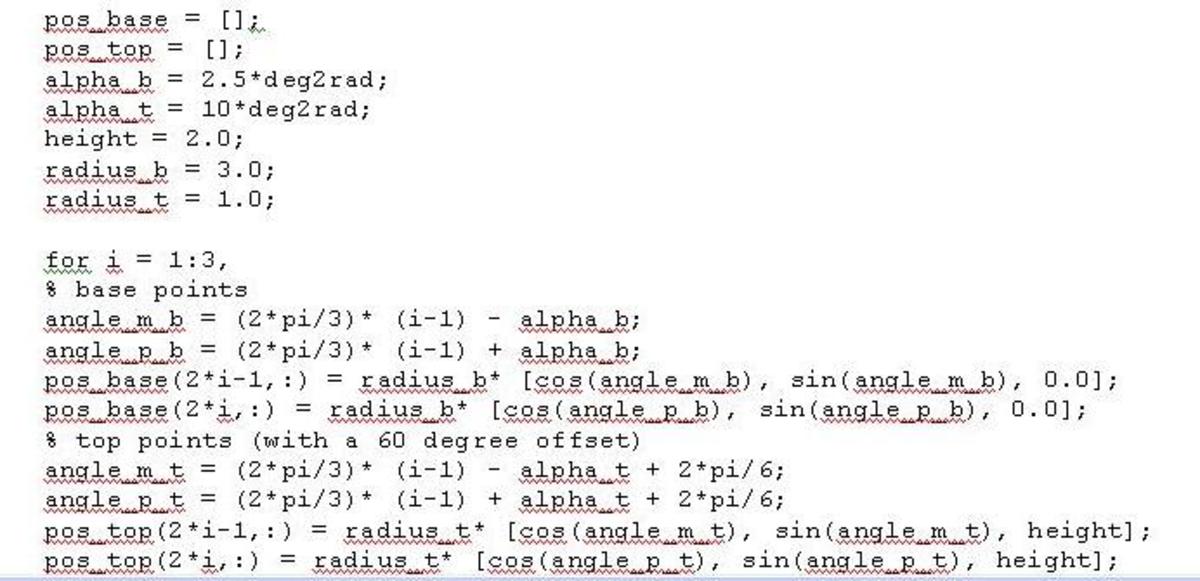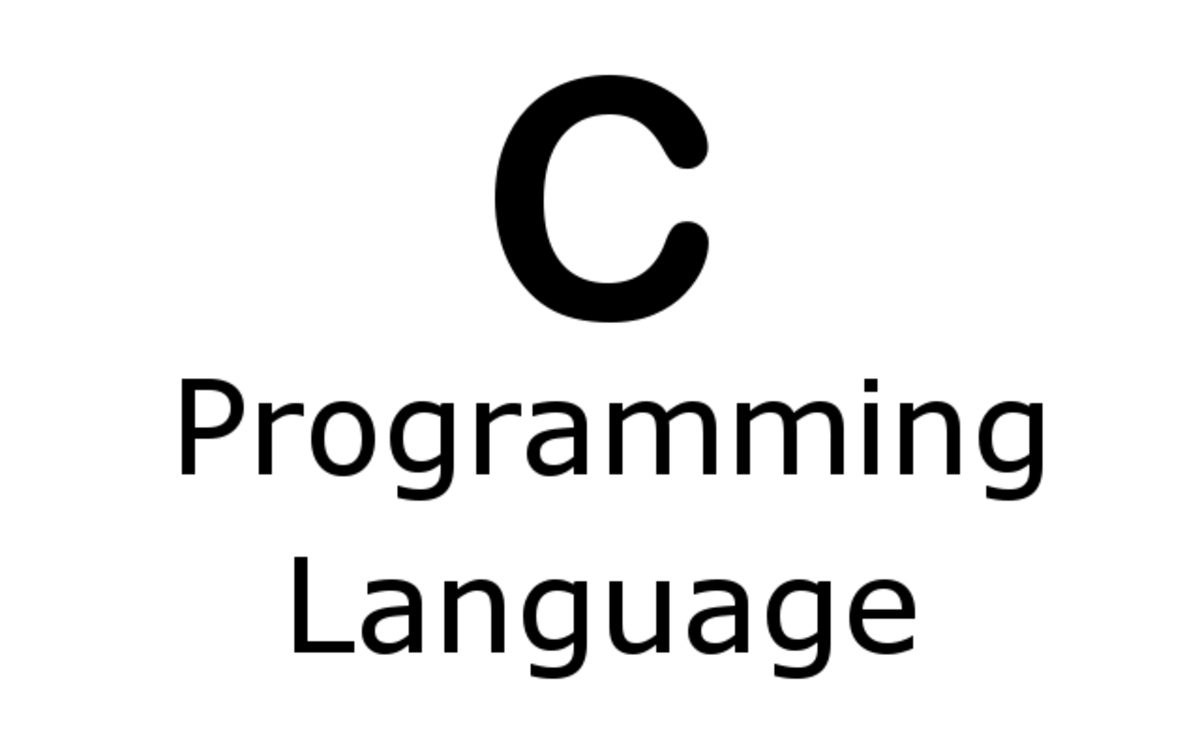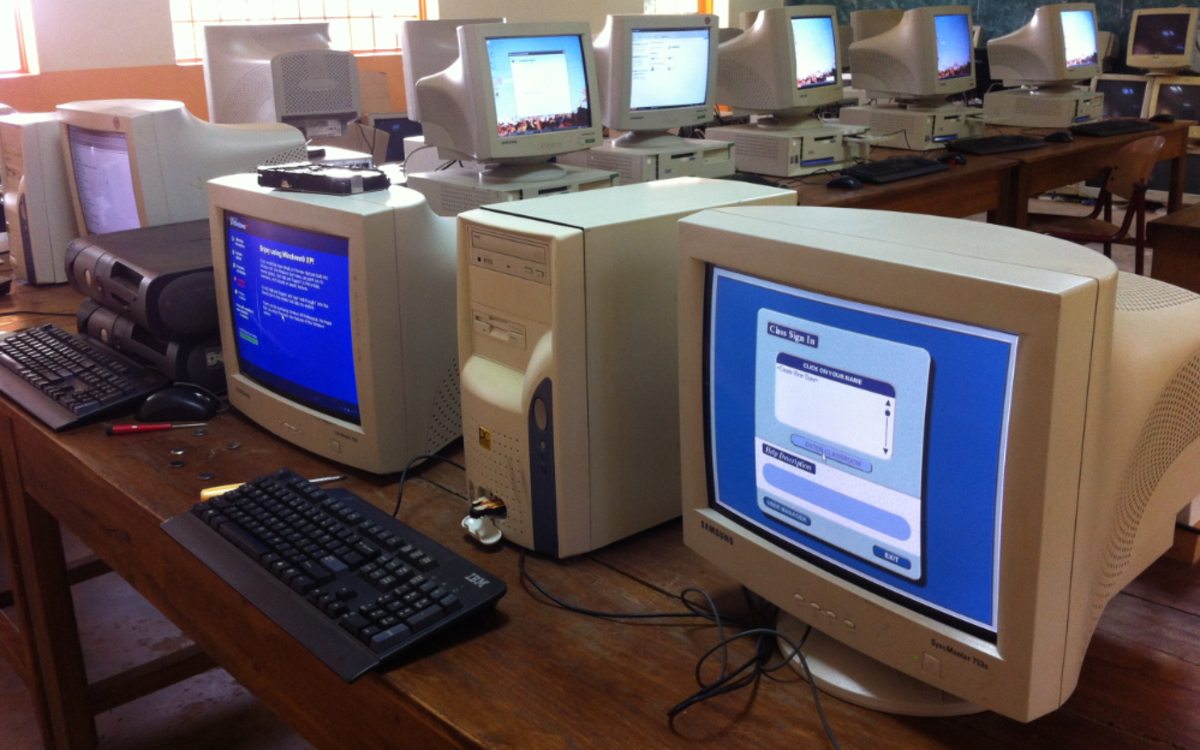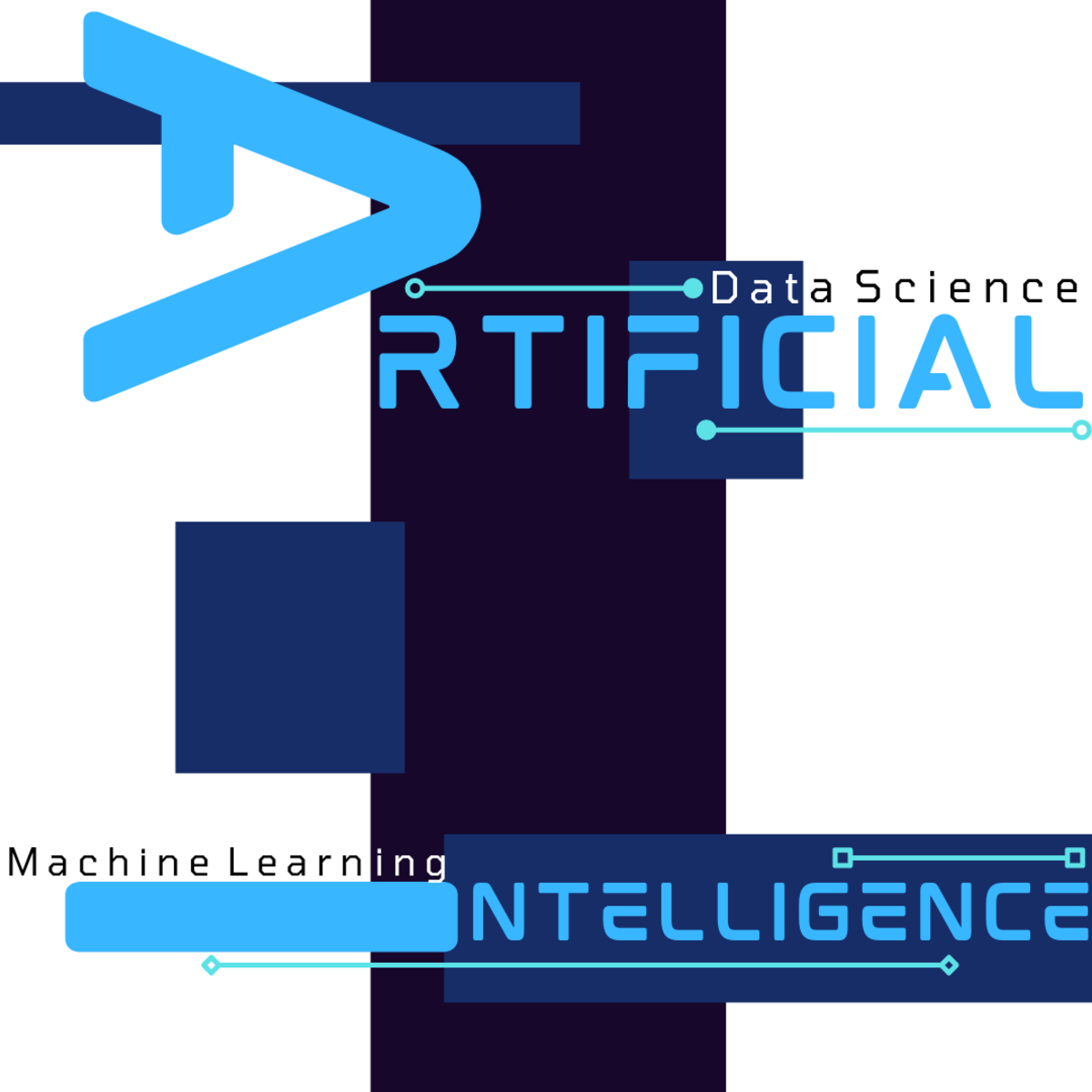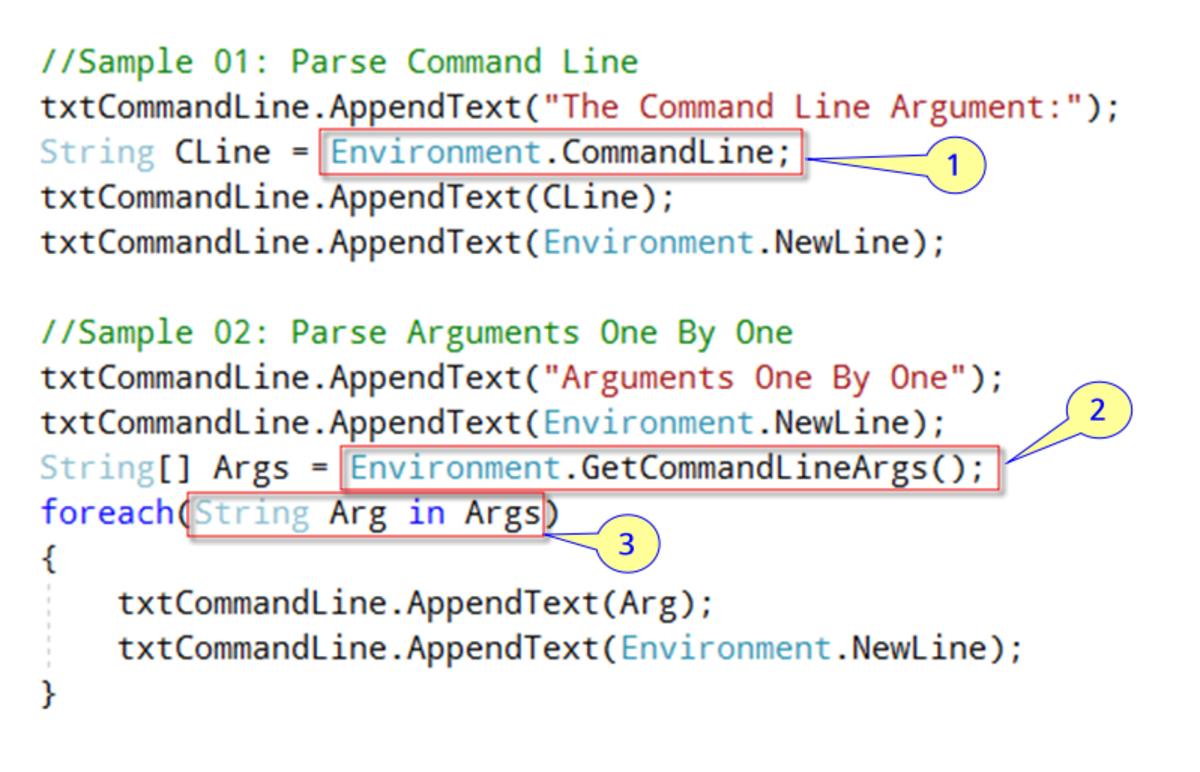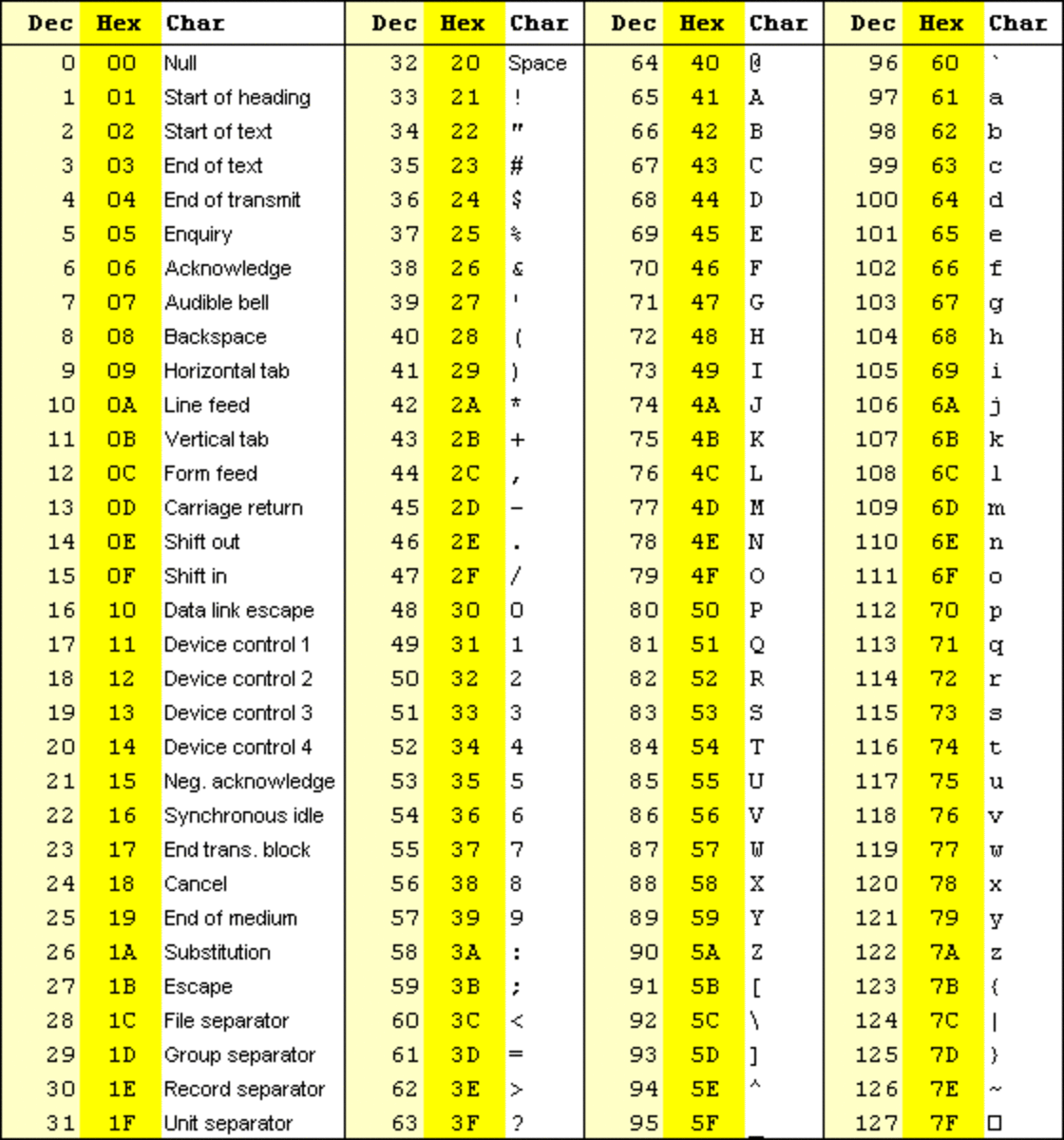Jobs in Computer Science if You Don't Like Programming / Coding
Any graduate in computer science is expected to be familiar with the techniques and knowledge of solving problems. In many jobs, you should be able to develop an algorithm or a computer program that can perform a particular task. You'll be working as a software engineer on an existing system or new systems for clients.
But what if you're not really a code monkey like your fellow students? Or what if you discover after a while that you no longer wish to work on software projects halfway in your career? You like computer science and you like programming most of the time but you don't wish to write and debug code all day long?
In this article I'll share some career options of what you could do or what you could work towards in your career. Here are some jobs that involve significantly less coding than a full-time software engineer.
- Should I Pursue a PhD in Computer Science?
Should I pursue a PhD or doctorate degree in computer science? This can be a tough question with many things to consider: Do you like research? What are the pros and cons of pursuing a PhD? Read this article if you have some doubts.
1. Research positions
Many big companies such as Google and Microsoft have a variety of research positions that focus on developing new techniques and ideas for solving a particular problem. You'll be advancing the state of the art which involves reading publications and making prototypes to test your ideas.
This does involve some programming but for a large part you're not rushing to get a product out of the door. You will hopefully be working with competent colleagues in your research projects and not some incompetent programmers whose code you have to debug.
A doctorate degree (PhD) in computer science is often required for these type of jobs. During a PhD you'll be doing research for several years and your research results are published in journals and the proceedings of conferences. Pursuing a PhD degree is certainly not for everybody as it requires dedication and a lot of work but it may be very rewarding if you love doing research.
- Entrepreneurship for Computer Science Majors
Should you start a company as a computer science major? In this article I'll discuss entrepreneurship for computer science majors and why starting a business may just be your thing.
2. Start a company
This is not really a job but if you have a decent idea for a software product or service then go for it. In the initial phase you can develop a prototype or a first version of your software product. You could also develop an online service which is quite popular these days for startups.
Let me be clear: you still need a passion for computer technology to pull this off. However, if you have other technical co-founders then they could focus on developing the product while you focus on the other aspects of the company. Your technical background is still very valuable when evaluating ideas or giving suggestions for improving the current product.
You'll need to get funding for your company and you'll need to find clients that wish to use your software product. In practice things are not as simple as I'm writing it right now but that's the gist of things.
Do you think the founders of companies such as Microsoft, Apple, Facebook and Twitter are still writing code? They have delegated that to dedicated teams and they're now overseeing the operations of the company.
- Want To Become a Millionaire? Read These Books!
Becoming a millionaire is a daydream of some while others are working daily towards that goal. You may be struggling with your finances and wonder what it is like to be a millionaire. They say the first...
3. Communicate technology to a broader audience
If you have good communication and writing skills you could transition towards a job at online or paper magazines. This involves explaining current developments in computer technology to a broader audience. These magazines could be very technical but also accessible to people without a technical background (e.g., tutorials on how to use Microsoft Word).
Computer technology is advancing at a very rapid pace and people are needed to help others in using it. You could start a blog to get noticed online and you could look for freelance writing jobs on topics in computer science and computer technology.
- How To Become A Good Programmer
What makes someone good at writing code and how to become a good programmer? This articles shares some insights on how to improve your programming skills.
4. If all else fails, improve your programming skills
It could be that you simply need to brush up your programming skills. For example, if you're not good at debugging then your work as a software engineer will be a daily struggle. The skill of debugging is just as important, if not more, as programming itself. If you can catch bugs relatively quickly then working as a programmer becomes more enjoyable.
If you like working with computers but working as a software engineer is currently is a struggle then you need to review what the cause is. Do you really dislike writing code or do you dislike it for other reasons, such as debugging struggles and annoying team mates? It is surprising how many people are working in a computer job without really the proper skills and / or knowledge to do it.
If you currently have a job related to the field of computer science but you're not really writing code then let us know by posting a comment. Computer technology is so pervasive and I'm sure there are more types of jobs that don't involve coding.
This article was written by Simeon Visser. I am earning money online by writing here at HubPages.com. Would you like to earn money online as well? Read the success stories and sign up today to get started!


